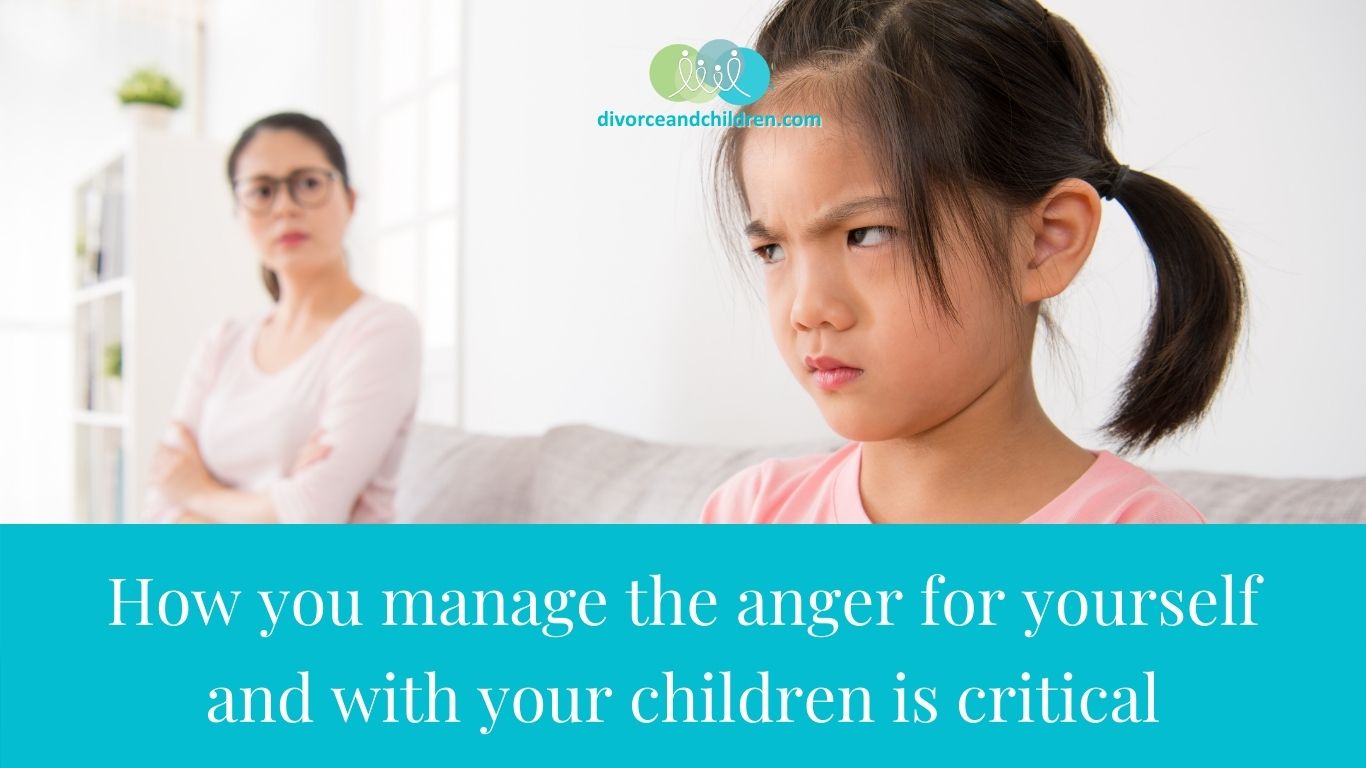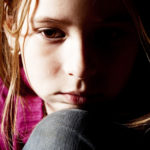Anger
Anger is a normal and understandable reaction to divorce for both parents and children. You may not feel well equipped to deal with this emotion; however, how you manage the anger for yourself and with your children is critical.
Key factors in successfully dealing with this stage involve recognizing the feeling and then finding some healthy, appropriate ways to deal with it.
When parents become angry, they may:
- Feel more irritable and short-tempered
- Make irrational parenting decisions
- Become overly reactive
- Feel extremely tense and stressed
- Engage in making personal attacks or look for ways to get even with spouse
- Become less emotionally available for their children
- Be unsupportive of the children’s relationship with their other parent
- Openly criticize or say bad things about the other parent in front of the children
When children are angry they may:
- Act out, test limits or break rules
- Tell a parent “I hate you” or become disrespectful
- Blame one or both parents for the situation
- Throw temper tantrums or display other destructive behaviors like biting, hitting, fighting and kicking. This can be especially true for younger children
- Have frequent emotional outbursts
- Withdraw from family or emotionally shut down
- Engage in risky or dangerous behaviors (teens and pre-adolescents)
How can you help yourself?
If you find you are reacting to something, find a way to distance yourself from your immediate response. Give yourself time to vent to a friend, sort through your feelings and cool off.
Once you have thought things through, then re-approach the situation. If the issue involves the other parent, instead of waging a personal attack, stay focused on the issue at hand. At all costs, do what you can to appropriately manage your anger so that your children do not end up paying the price.
Other ways to manage your anger might involve exercising, writing, deep breathing, talking to a friend or finding professional, religious or spiritual guidance. Most importantly, find healthy ways that work for you.
It is also advisable to use some discretion when getting feedback or advice from others. Anger can often leave us feeling very vulnerable. While family, friends or co-workers may have good intentions, remember their perspective may be biased. There will be times when the advice you receive from others is not right for you or your children. Therefore, choose your support people wisely. Seek out those who are able to listen and support you in a helpful and comforting way, rather than those who want to help you fuel the fire.
How can you help your children?
When children are feeling angry, it is important to provide them with love and understanding, as well as discipline. If you are having problems with how your children are handling their anger, try the following:
- Schedule a time to talk with your child about the situation and give them a chance to share how they feel.
- Tell them it is okay to feel angry, however they need to find an acceptable way to handle those feelings. Clearly identify which behaviors are not acceptable (for example, hitting, being disrespectful, talking back, breaking things etc.)
- Make a list with your child of at least 3 to 5 healthy acceptable ways they can express their anger. Good examples are shooting hoops, running, taking a walk outside, writing why they are angry in a journal or diary, drawing their feelings, stepping away from the situation, counting until they cool off, deep breathing, taking a walk or talking to someone they trust.
- Let your child know what will happen if they choose an inappropriate way of handling their anger. Make sure the consequence is both age appropriate and enforceable. For example, with a younger child you may say, “If you throw your toys at Sally when you’re angry, then we will put the toys away for the rest of the day.” For a teen, you might consider withdrawing a privilege that relates to the misbehavior, such as taking away driving privileges because they took the car out when they were angry. Make sure you specify the time limits of consequences for all age groups.
**For more practical tips and success strategies, check out PARENTING APART, the book. Providing separated and divorced parents the tools they need to raise HAPPY and SECURE kids. As a subscriber, feel free to preview a complimentary sample chapter of PARENTING APART or take a look the table of contents to see what it has to offer.






